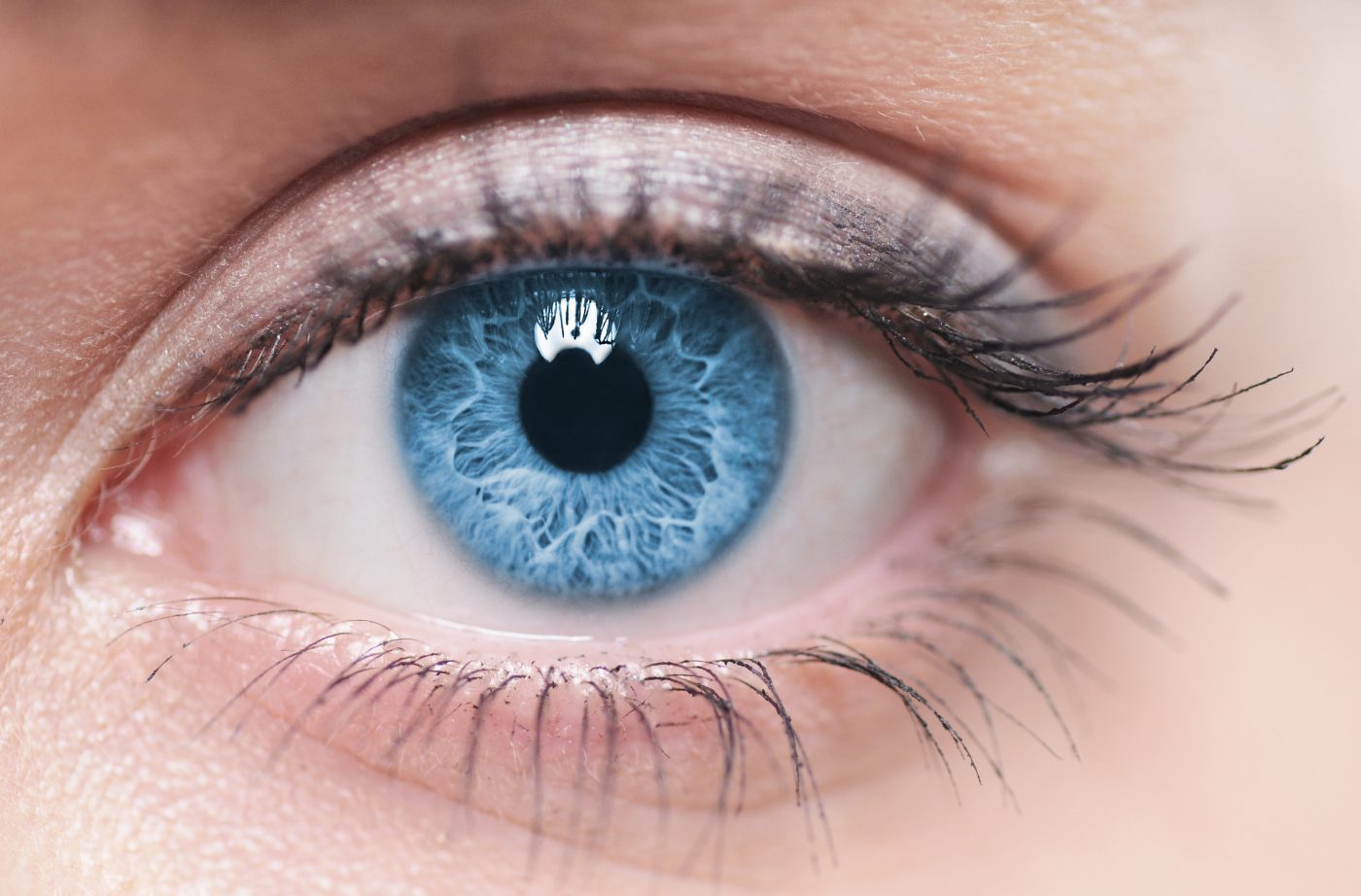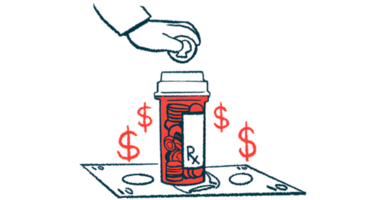Parkinson’s Patients Show Psychological Impact of Disease

A recent study shows that patients with Parkinson’s disease (PD) have a dysfunctional brain reward anticipation response — a finding likely linked to the decreased motivational state that can afflict PD patients.
The deficit in dopaminergic signaling that underlies PD affects more than just motor skills. Depression, apathy, and sleep disorders also frequently trouble PD patients. The authors behind the study — SG Manohar and M Husain from the University of Oxford — hypothesized that dopamine might be involved in motivation related to incentives, in turn regulating emotional states such as apathy.
The study, titled “Reduced pupillary reward sensitivity in Parkinson’s disease” and published in the journal npj Parkinson’s Disease, aimed to explore this idea in PD patients both on and off their usual dopaminergic drugs.
To study the response to reward, the team enrolled 16 PD patients and 22 age-matched healthy controls, and presented them with a visual task. The participants were asked to look at an illuminated disk while they heard a voice stating the amount of money they would win if they performed the task correctly.
After 1,200–1,600 milliseconds (ms), two discs were illuminated: a distraction disc followed 80 ms later by the reward disc. The goal was to look at the reward disk without being distracted by the other disc. The reward sum varied between zero British pennies, 10 pennies and 50 pennies.
During this task, the team measured the diameter of participants’ pupils to obtain an objective measure of reward anticipation. The size of the pupil is regulated by the autonomous nervous system, and the neurotransmitter dopamine — the main player in the brain’s reward system — can dilate the pupil by changing the output of the autonomic nervous system.
The team found that the pupil of the healthy controls dilated more when a bigger reward was offered, while in PD patients currently free of medication that response was blunted. When the patients were back on medication, however, the reward anticipation response registered at the same levels seen in controls.
These results indicate that dopamine is crucial both for evaluating reward and for motivating effortful activities. Researchers believe that dopamine also influences apathy and impulsivity in PD by changing the incentive processing in the brain.






